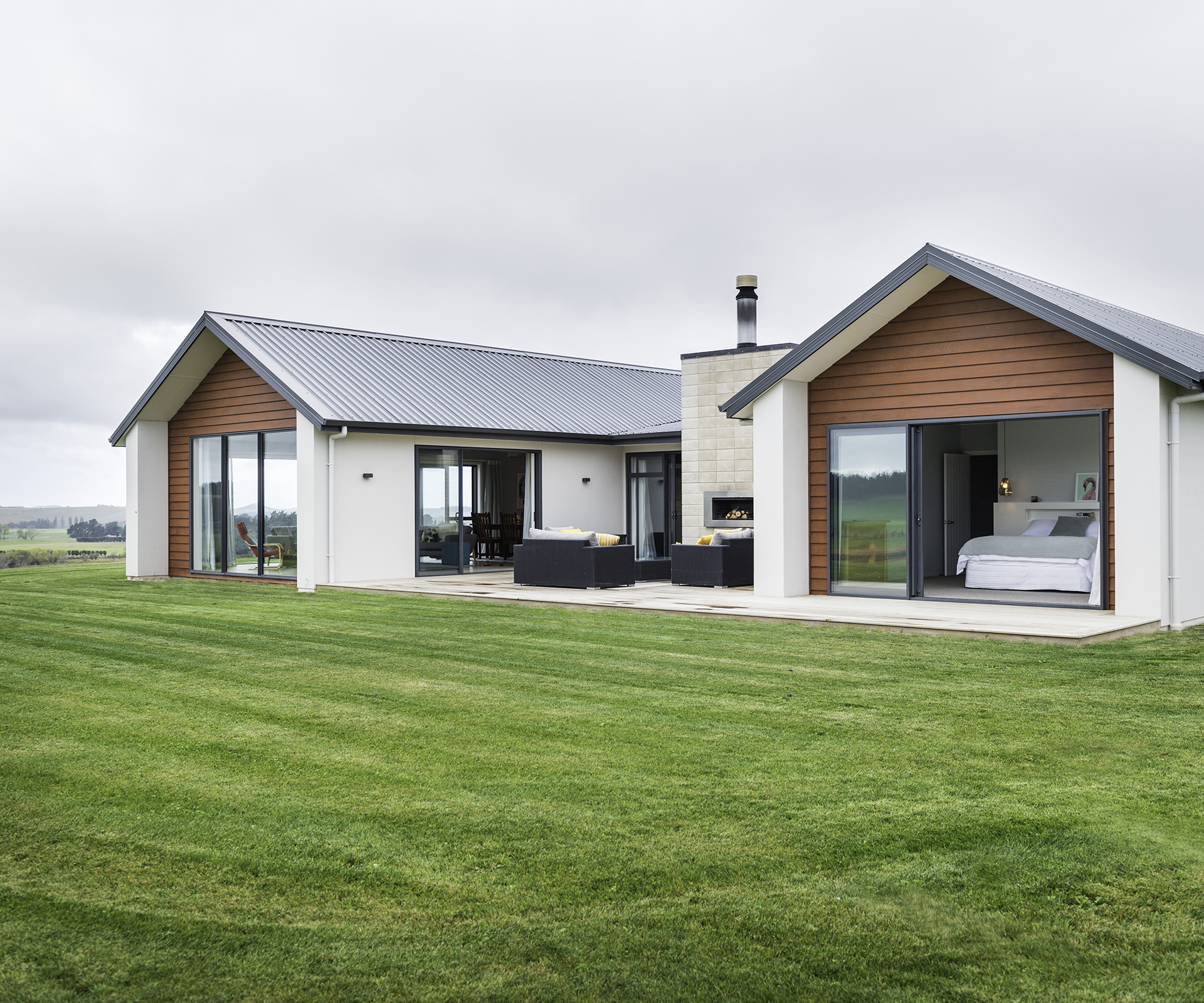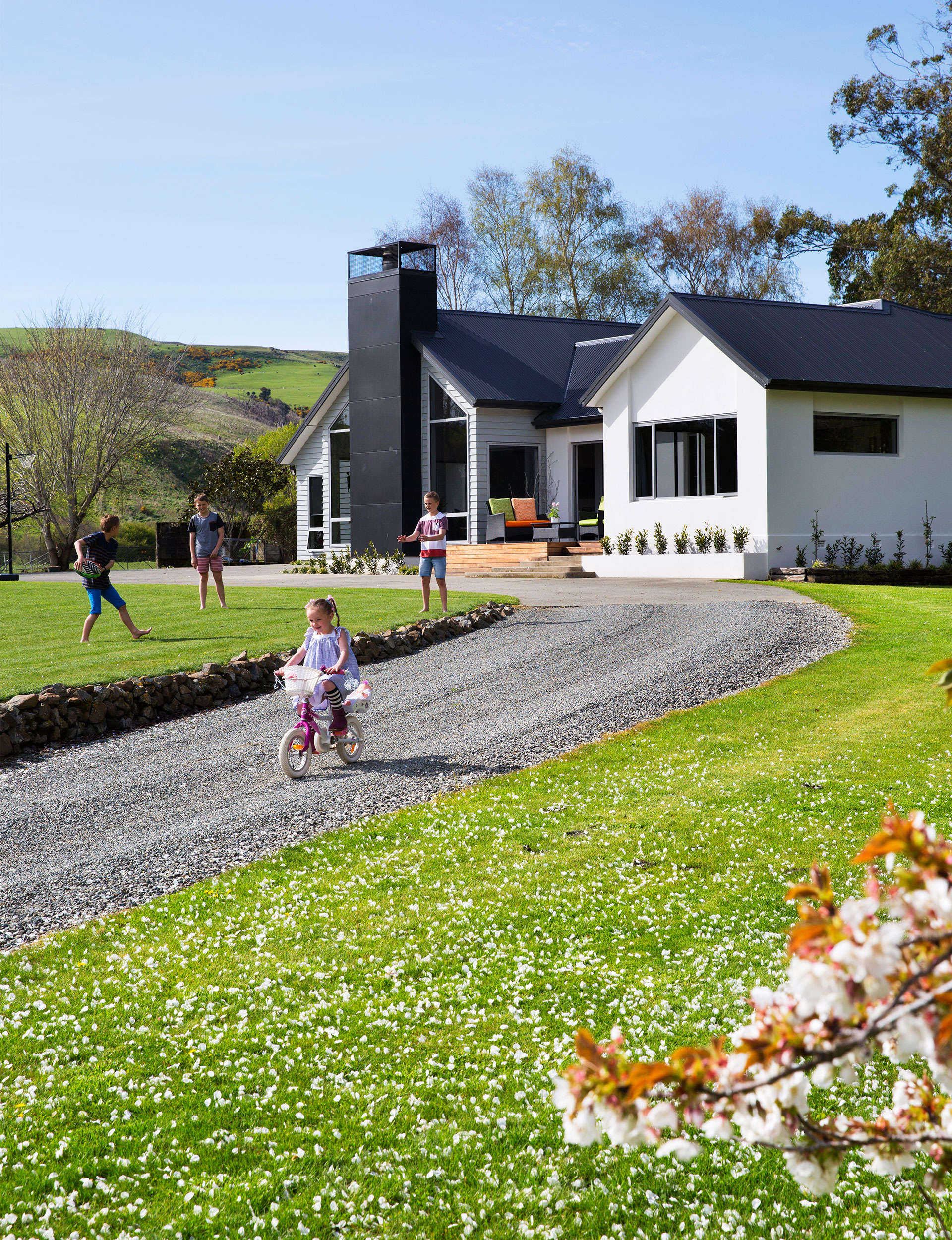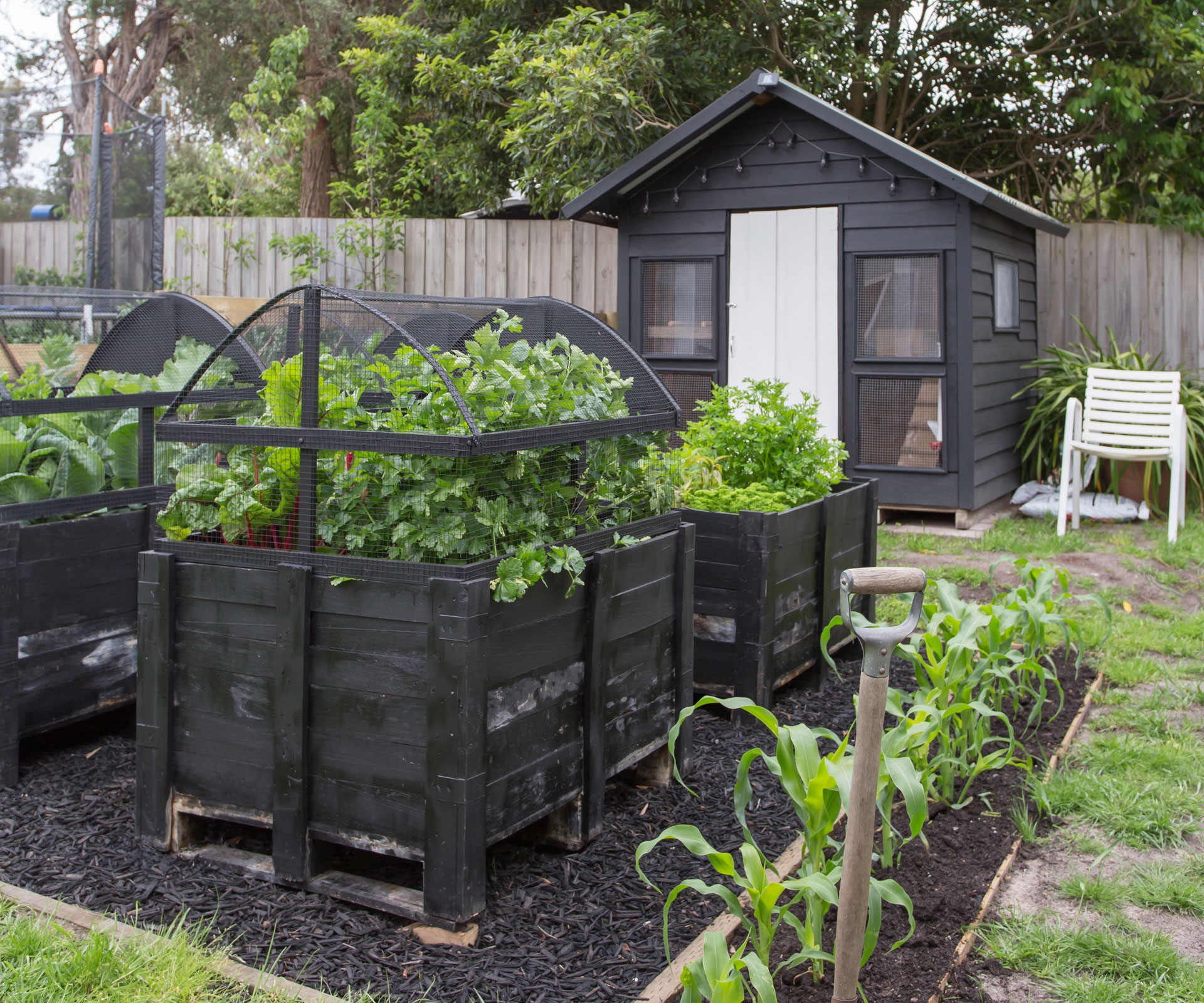If your dream is to escape the city to your very own lifestyle block then these practical tips are for you. Check out our advice and make sure your move is a happy one
Chase the lifestyle block dream with these 4 practical tips
Swapping city life for a rural retreat is a common Kiwi aspiration but buyers of lifestyle blocks need to be sure that they are not chasing a townie’s daydream that soon becomes a nightmarish reality.
Along with the allure of the peace and quiet of the countryside, there are a lot of other considerations that need to be taken into account to ensure you are fully aware of all the consequences and responsibilities of owning a block of land.
Here are some of the major things you’ll need to check out to make sure your move is a happy one that you have prepared for it in a practical way.
1. Location
If you are thinking of commuting from your new home to work be realistic about what this entails on a day-to-day basis. Drive the route at peak hour, factor in the extra time which will be spent away from home each day, and the extra work that may be on the agenda when you get home – livestock will need to be taken care of and there will be ongoing chores that need to be factored in. You could end up facing a punishing schedule and a very long day.
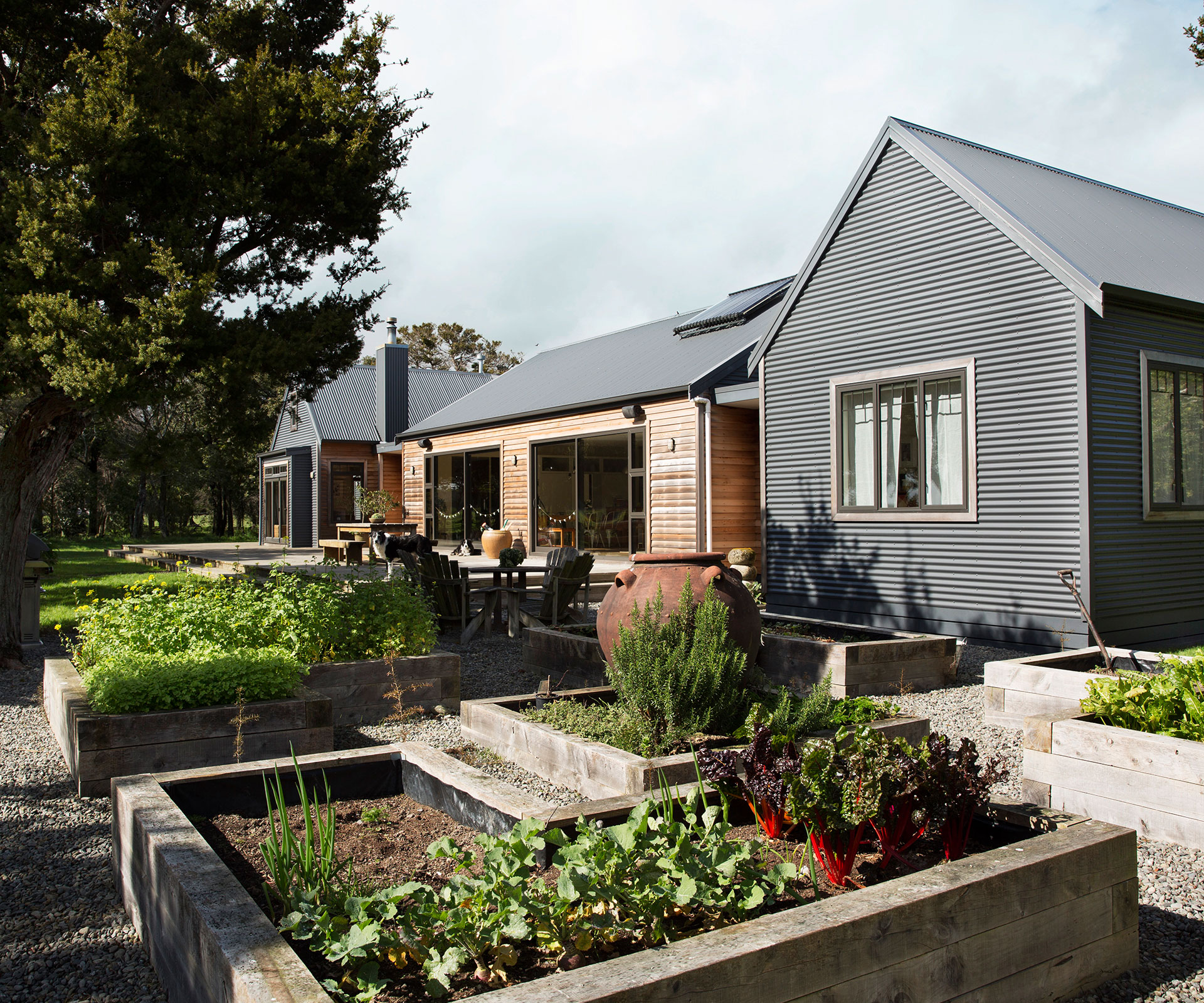
Also, take into account any regular activities you or your children may be engaged in and how long it will take to drive to these locations. Availability of school buses, etc, can make life a lot easier. A lot of people underestimate the time rural dwellers spend in their cars travelling to do basic things that are very accessible the city. Research the location for proximity to all essential support services.
If you’re wanting to work from home, having good broadband and cell phone coverage will be vital and it’s not something that can be taken for granted. A lot of cell phone coverage will be patchy, and broadband non-existent, extremely slow or very expensive.
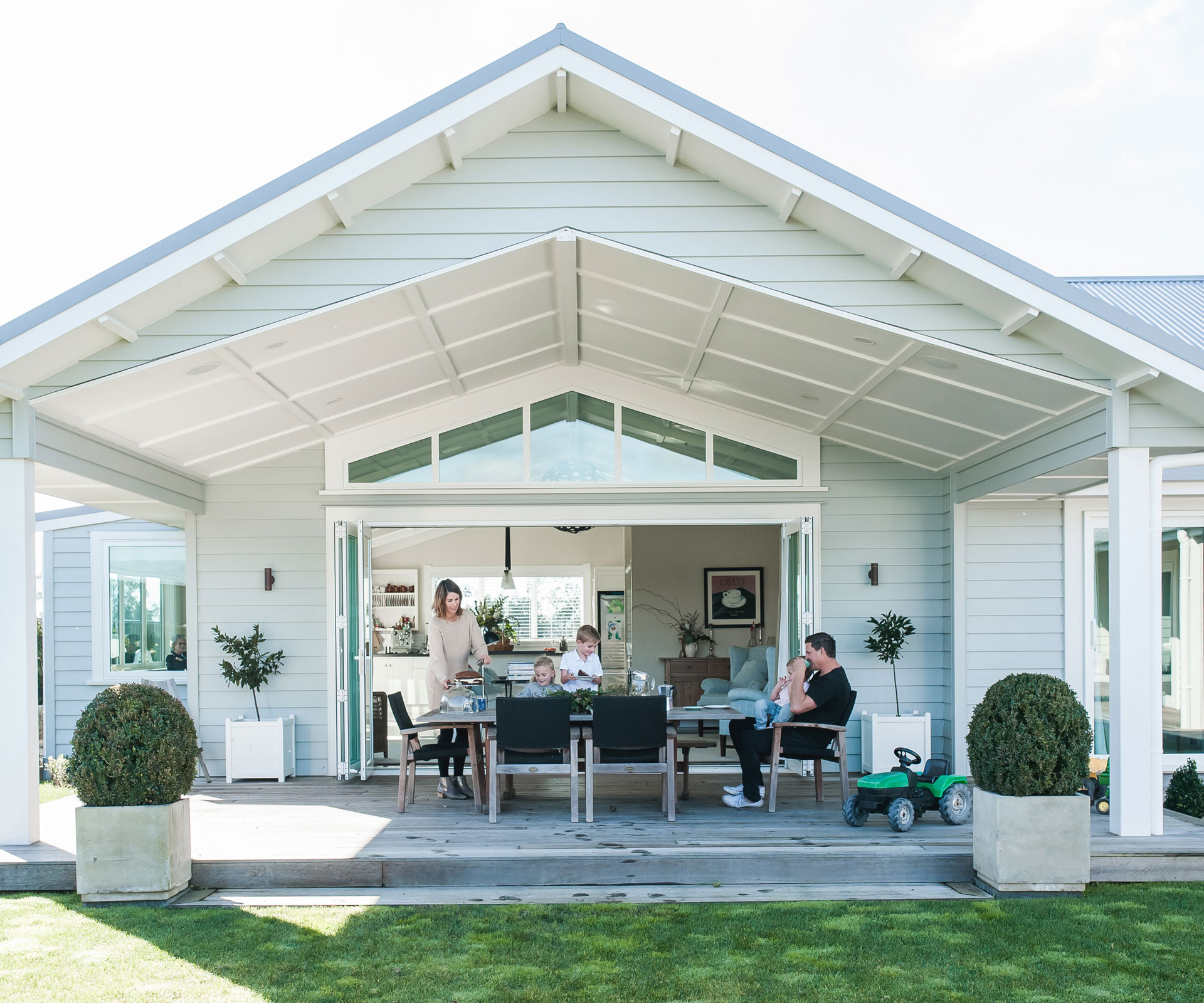
2. Land use and services
It is vital that you do your homework on covenants that regulate your land use and that of your neighbours. These can restrict everything from what livestock can be kept and how the land can be used and developed, to obligations for maintaining the land.
Many blocks are not connected to reticulated sewage and may have septic tanks or other systems. You need to establish what the system is if it has the necessary permits or consents and any ongoing maintenance issues. Check if there are any easements that apply to your property.
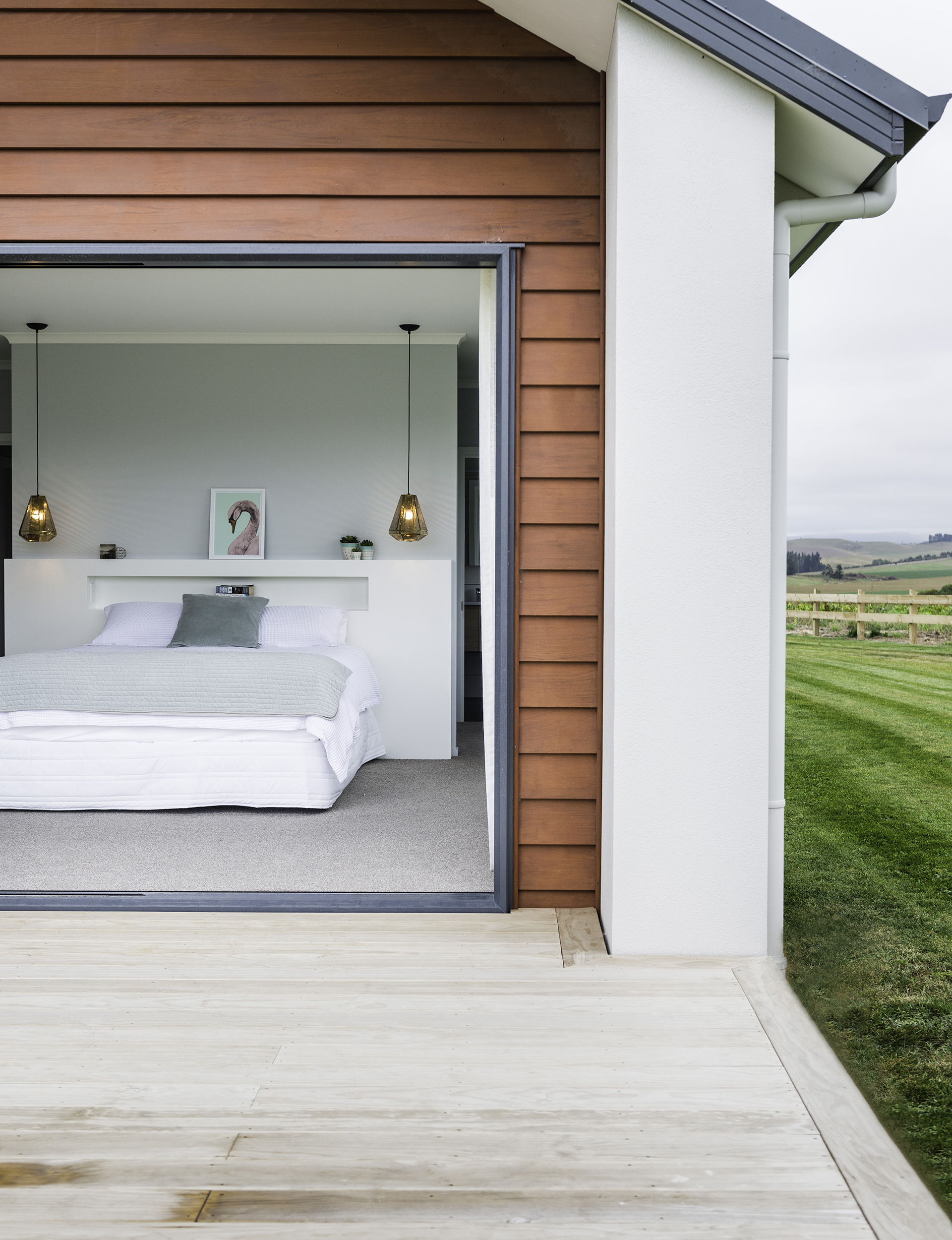
Water connections also need to be checked out thoroughly. A lot of lifestyle blocks rely on water supply from bores or wells on the property or private schemes. You need to establish where your water comes from, the quality and if it’s properly consented. If you are planning setting up any horticultural or other activities needing irrigation you need to see how the local council water restrictions may affect your plans. You will need to ensure water consents are transferred appropriately.
See what services, if any, there are for things such as rubbish collection. Be aware that not all country activities are pleasant to be around and things like smells, effluent disposal, machinery noise, spraying and frost protection may affect your quality of life on a regular basis.
Have a good look at zoning, commercial businesses, and activities on neighbouring properties that may affect the enjoyment of your property. You may find a neighbour’s peaceful acreage is transformed into a race track for their kids’ trail bikes at the weekend.
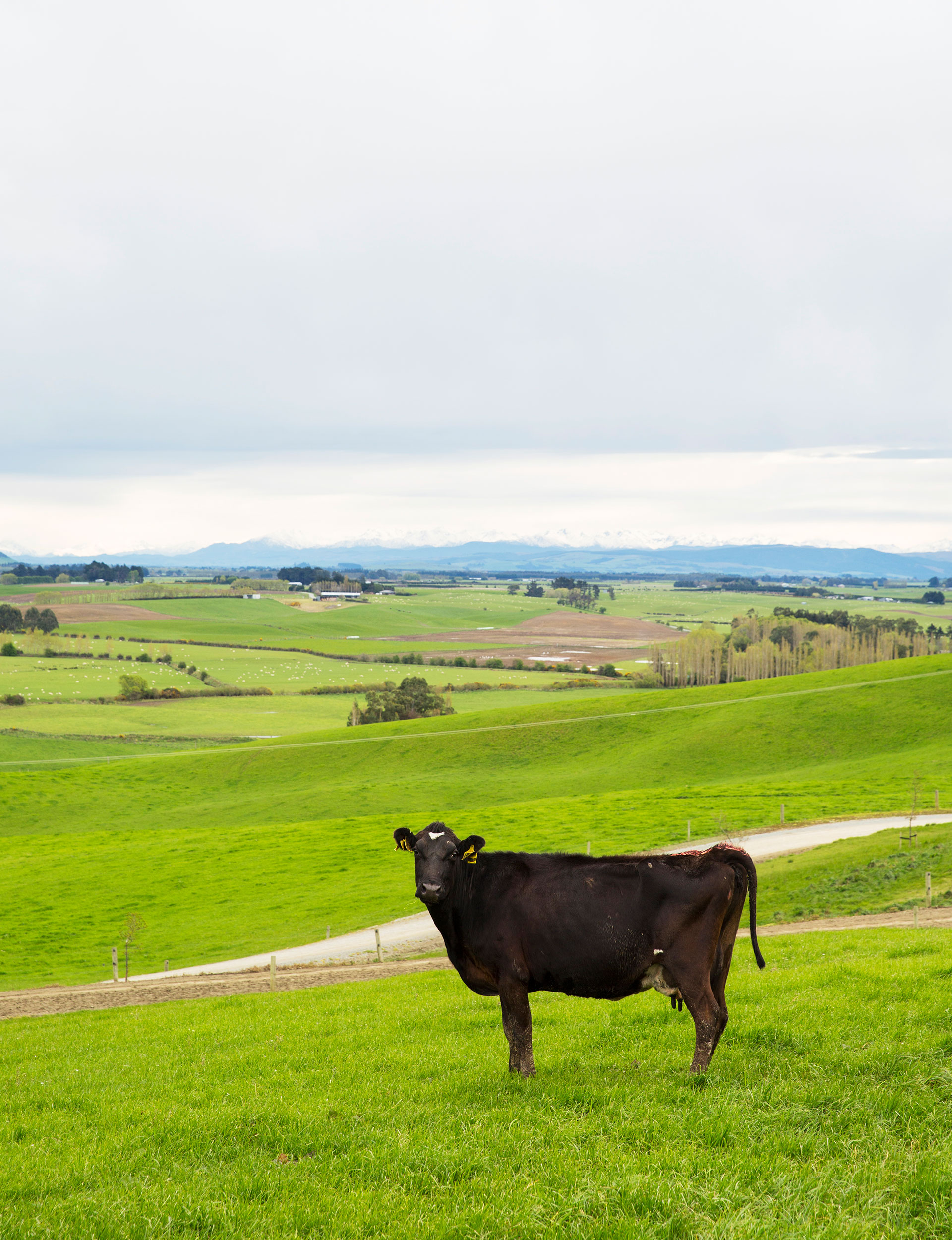
3. Animal farm
Your kids may want to have a calf or a pony, or you may want chooks, but any keeping livestock however big or small comes with responsibilities and you must ensure that their needs will be met. Make sure your block is an adequate size for what you are expecting to run on the property – there’s no rule of thumb for this as it will be influenced by things like soil type, rainfall and ongoing maintenance of pasture in the past.
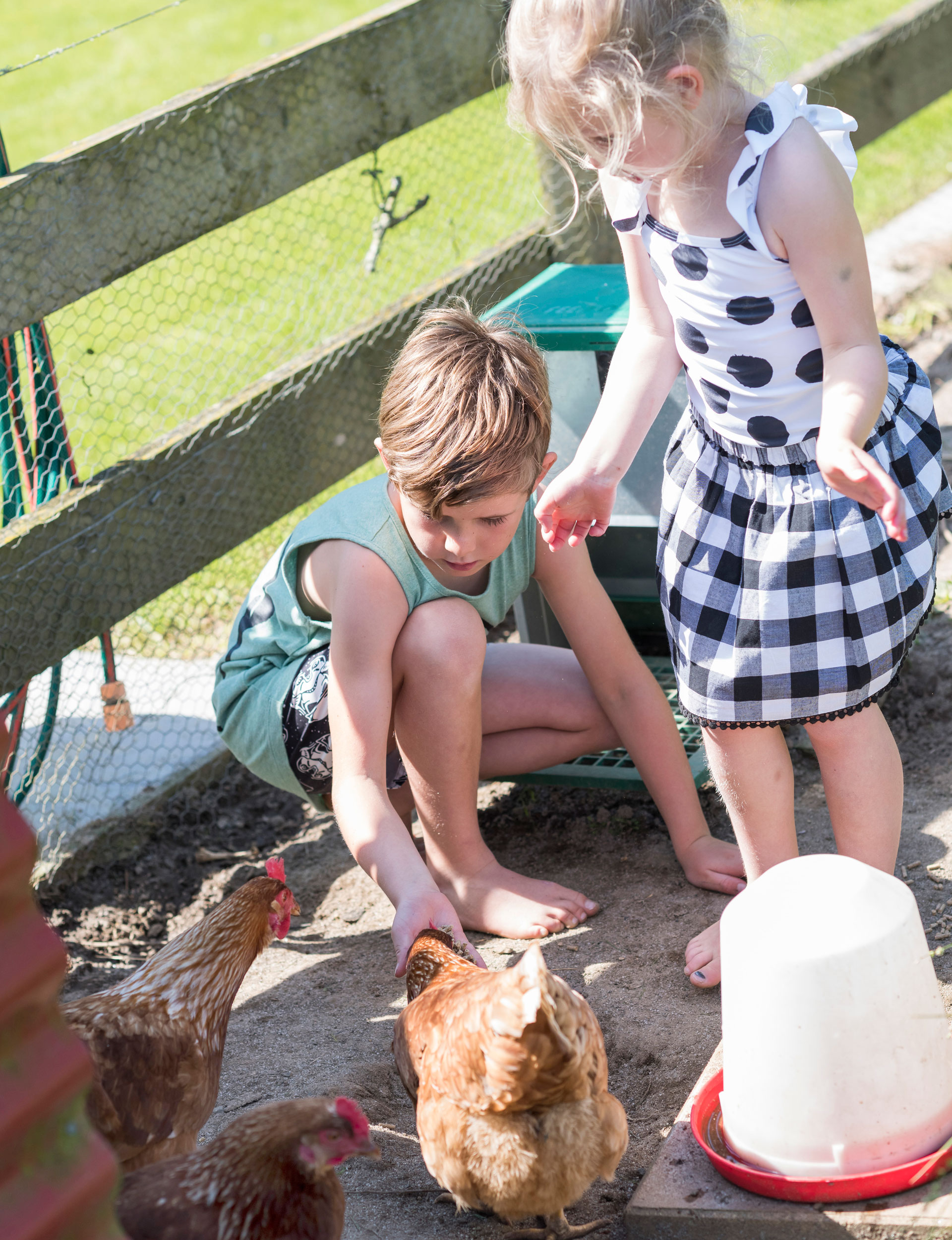
Then you will need to have reticulated water supply to troughs, safe fencing suited to the particular animal, adequate shelter, and a fertilising and weed control regime for pastures.
Add to that the ongoing health requirements of drenching, pest and disease control, winter feeding, etc, and having livestock can be very expensive and time-consuming. And don’t forget you will need to make sure they are adequately cared for if you go on holiday.
4. Realistic expectations
Many people buying a lifestyle block bargain on earning extra money from commercial activity on their block. This is harder than it sounds and often people get a swift reality check as to how feasible this is. Investing in glasshouses, outbuildings, etc, is a serious business so you will need to have a well-researched plan rather than a hazy idea before you embark on anything. Check your zoning thoroughly. Research what other businesses are doing well in your area. If a property has an established business on site you will need to check if you have to pay GST on top of the purchase price and you may have to register for GST.
Words by: Sarah Beresford.
Images by: Kate Claridge, Elizabeth Goodall, Florence Charvin, Kate Claridge, Elizabeth Goodall, Vanessa and Michael Lewis, Katherine Jamison.
EXPERT PROJECTS

Create the home of your dreams with Shop Your Home and Garden
SHOP NOW

